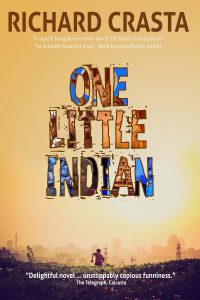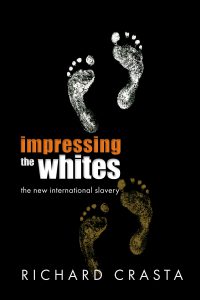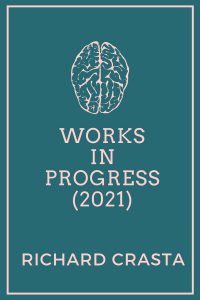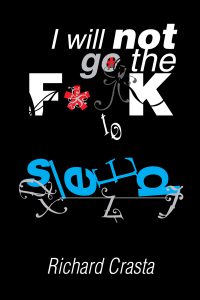I am surprised to realize the number of Harry Belafonte songs I heard as a child: “Day-O”, “Island in the Sun,” “Jamaica Farewell,” (which I can still remember and sing) and “Mama Look a Boo Boo” (which I only knew two lines of). I may forget, almost instantly, the name of a person I’ve just been introduced to, but some childhood memories are inerasable. In this case, my mother said the name “Harry Belafonte” with love, and with a smile on her face, which made the songs more powerful for me.
How little did I know that I would one day many decades later see Harry Belafonte in person, in New York, where he was giving a talk to psychiatrists and their family members. And this is what he said (my recollection is from a 1993 note, which I reproduce verbatim).
Speaking at a SKF organized conference on depression at the New York Hilton on the 27th March 1993, Belafonte said that growing up under British colonialism as a child in the West Indies had been “a cruel experience.” At age 12, he went on to Harlem. A few years later, “the only thing for me was to join the U.S. Navy to find a center to my life.” He was sorry that the U.S. is one of the few large countries not to have a Ministry of Culture. His most important contribution, in my opinion, was to be a testament to continuing racial discrimination. He asked, in what was perhaps the most poignant question of the evening, “If you like my song as a black singer, how can you not like me as a person? At what point do you make a distinction between me and my song? Must it not cause some form of schizophrenia?”
Harry has a broad, handsome face, short slightly gray hair, and was wearing a charcoal grey suit and looked very much his part of singer/speaker. What amazed me was that the psychiatrists at the conference, who I thought would carry themselves with dignity, gravitas, and self-respect, mobbed him for autographs like kids mobbing baseball players, or as if they were any other crowd of rabble. It was weird, because their reaction to the content of his speech, not very abstruse though it was in most parts, had been lukewarm. After signing around ten autographs, he walked backwards towards a private door—he must have had years of training doing that–and escaped, surrounded by bodyguards.
Earlier: “Was it something I said?” he had said to a member of the audience leaving the room as he spoke (a form of discourtesy that is all too common in the U.S., where people pride themselves on doing their own thing, and caring for no one else’s feelings).
“Why don’t you just entertain and stop with the politics?” someone had asked him. And I thought (and I forget if this was his expressed thought, too): “But politics affects everything we do!”
It amazes me now to consider the arrogance of that white person’s demand of this black man: Why not be satisfied and grateful for your role as an entertainer, just stick to this task, and suppress your humanity, and the rest of the Real You? It sounds a bit like what black entertainers were expected to do and be in the pre-Civil Rights America, a life that is dramatized in the recent movie, Green Book.
* * * * *
And now, a short note on Larry Weinberg:
Larry Weinberg, author of the book that became the movie Wag the Dog, said to the Kingston publishing network, “As soon as I was broke, I knew which book to write.” It was important for me to go broke, to effect the separation, in a complete sense, from the source of money which had sabotaged me. He had a theory that publishers were “the people who were English majors at college.” Wag the Dog and his most recent book had a hard time selling, because it was comedy, satire, and they believed it doesn’t sell. Whereas, you switch on the television, and it’s all comedy–said Larry Weinberg. Noble fella, because when I tried to present him with my novel, he said he was going to buy it, and added, “Never give away your books.”











